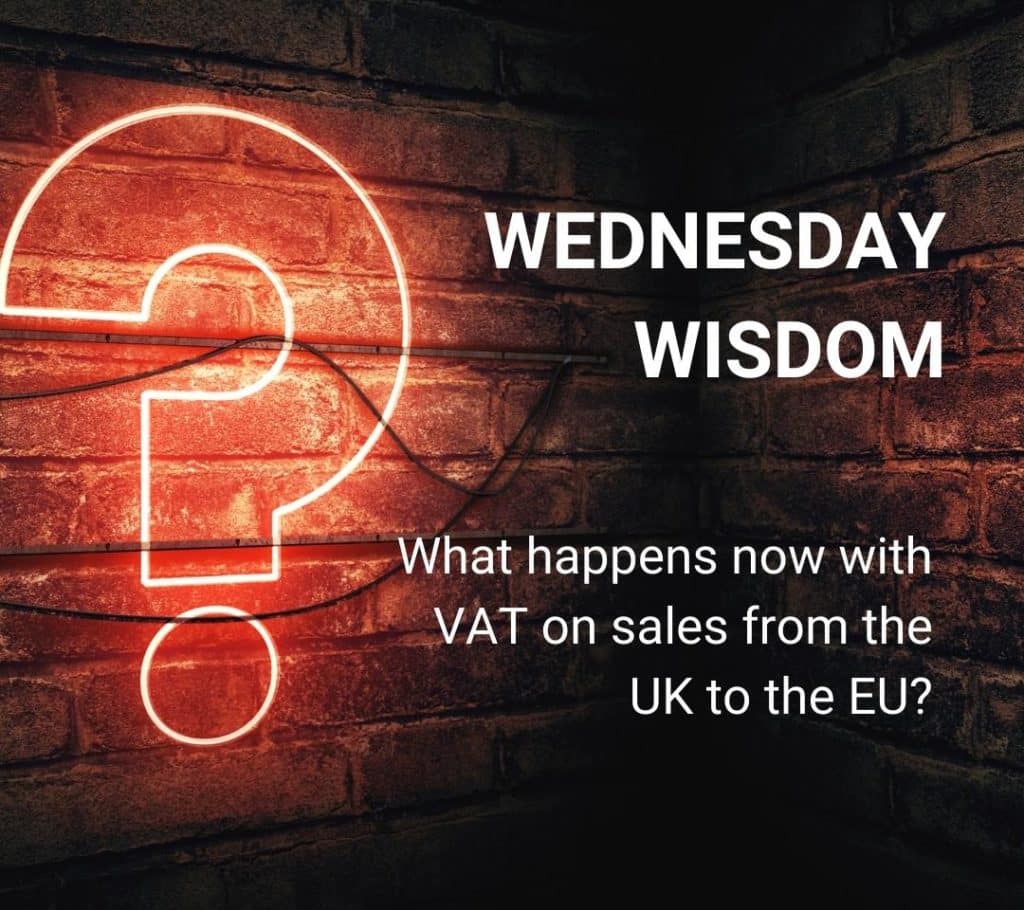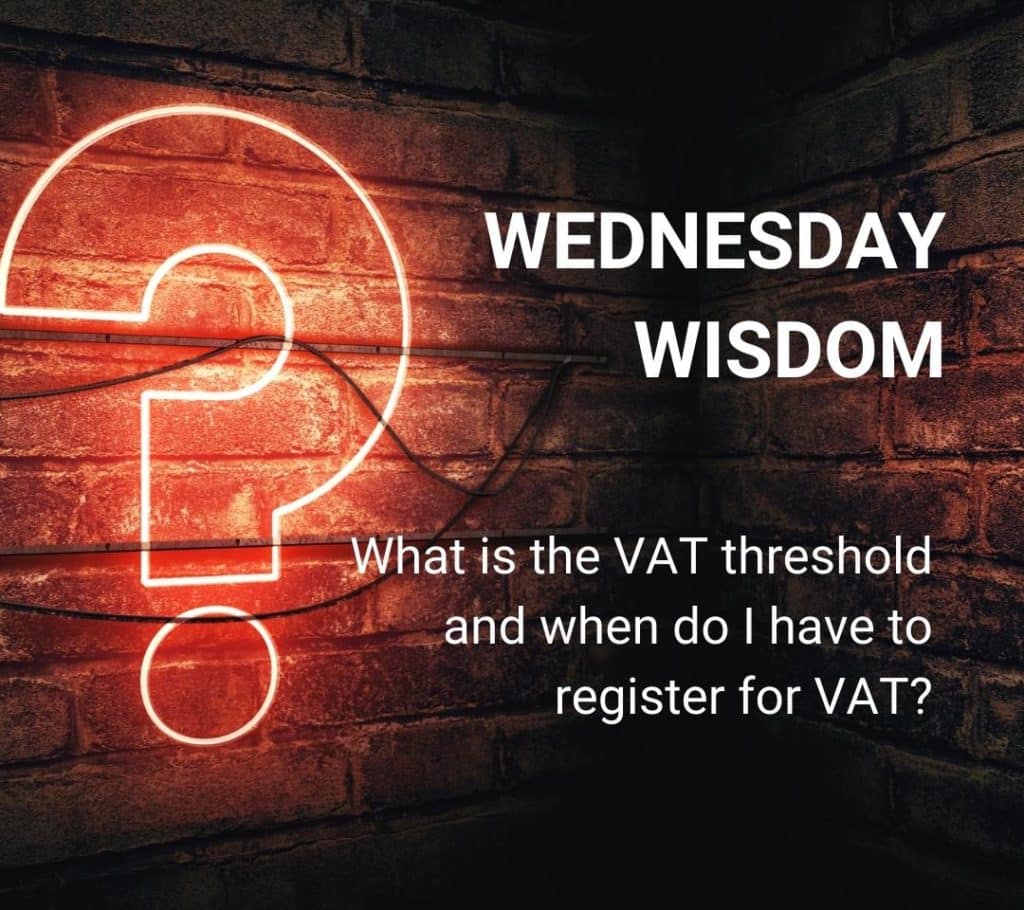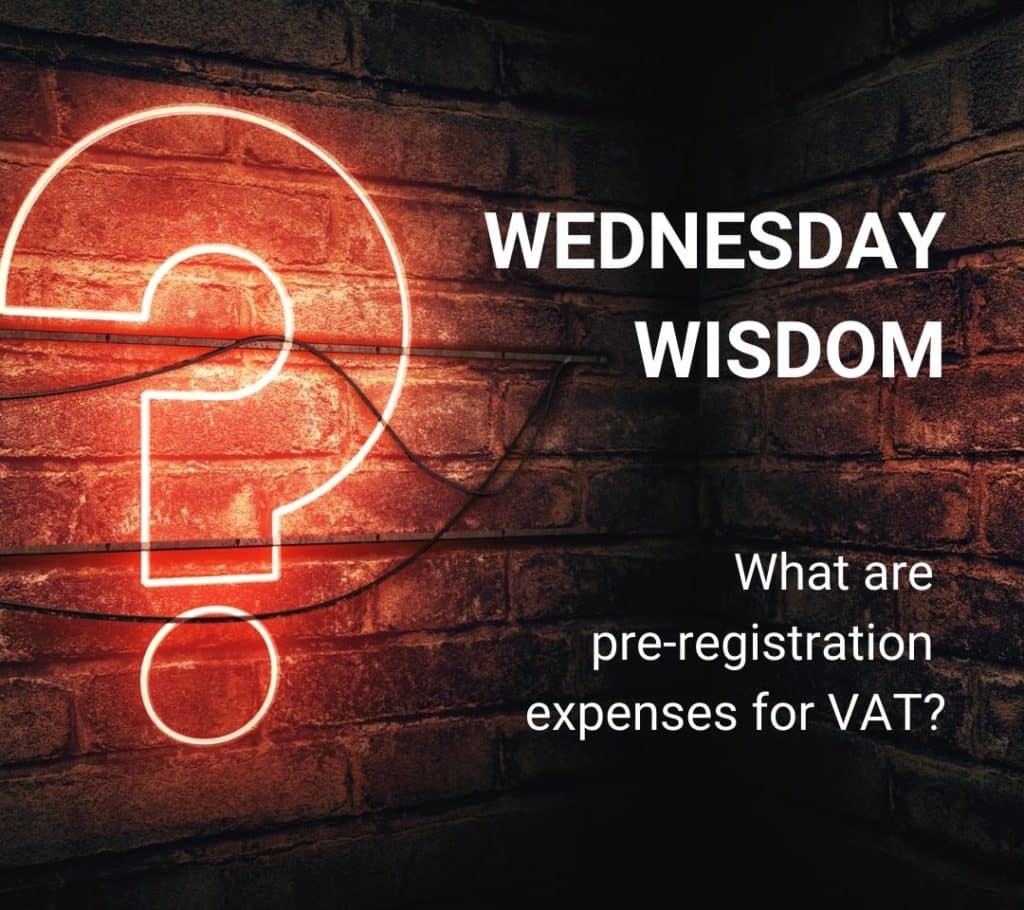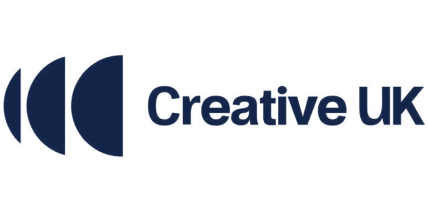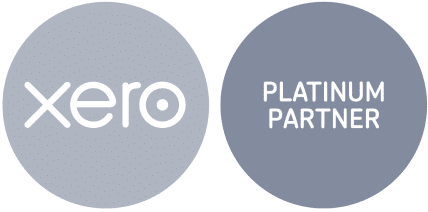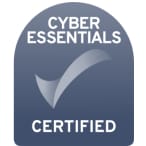There are limited changes on VAT on services for Business to Business (B2B) transactions after the UK leaves the EU VAT regime.
If you’re supplying services from the UK that come under use and enjoyment rules and are effectively used and enjoyed outside the UK, they will be outside the scope of UK VAT (Note that the reverse charge will still apply for services purchased from the EU when completing your VAT Return).
The main impact is therefore on the sale of goods.
For UK purposes all sale of goods from the UK to the EU will be treated in the same way as exports to a non-EU State, so can be zero rated for UK VAT purposes. That’s the easy part.
On the EU side, these sales will be subject to import VAT on arrival. The VAT has to be calculated on the cost of customs duties and transport to the state in question as well as the actual goods value.
The question will then be who is responsible for dealing with the VAT (and customs clearance and any duty) on import into the EU?
The responsibility for completing declarations, paying any duties and import VAT is dictated by the international commercial ‘INCOTERMS’ contained within the terms and conditions of the contract with your customer.
Common INCOTERMS you will hear are Delivered Duty Paid (DDP) and Delivered at Place (DAP). The one to watch is DDP where the seller takes on the responsibility and will require you to VAT register in the EU state you are importing to.
We have noted that some EU customers have been pushing for their UK suppliers to use these terms.
If you are not already familiar with these terms your freight forwarder will be able to give guidance.
